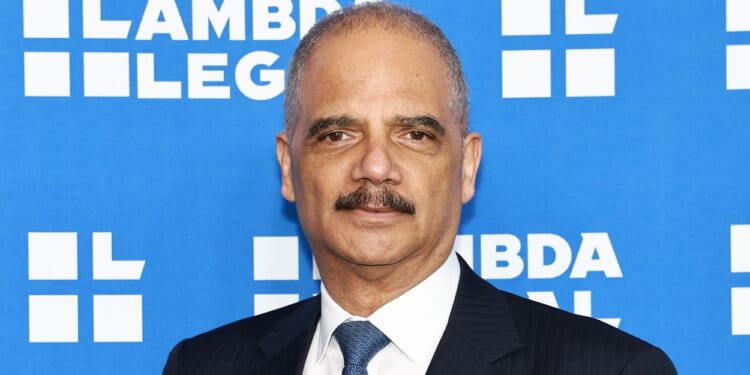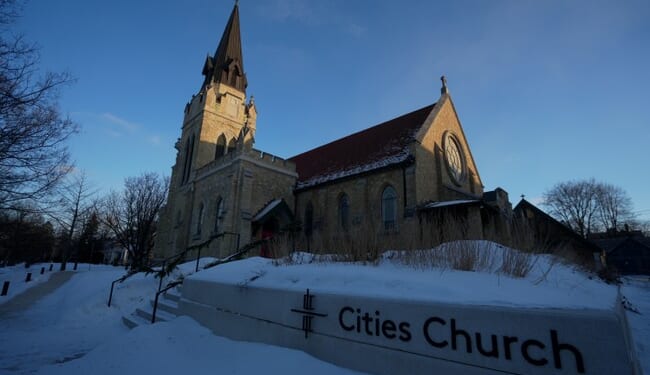Former Attorney General Eric Holder became infamous for the viral video in which he tells a gathering, “When they go low, we kick them.” Now we know why the National Democratic Redistricting Committee he chairs invested $300,000 in the Abigail Spanberger campaign and the Virginia House Democratic Caucus the day before the Democrat House Speaker in Virginia announced he was calling a special session of the Legislature to start redistricting the state’s congressional seats.
On Monday, Del. Charniele Herring patroned the legislation that formally set the agenda for the session: Proposing a Virginia constitutional amendment to let the General Assembly, which is currently controlled by Democrats, strip authority from a bipartisan redistricting commission and give it to the Legislature itself to redraw Virginia’s congressional districts for the 2026 congressional midterm elections.
>>> Sign up for our Virginia email newsletter
The Democrats are planning to potentially create two more Democrat-leaning districts in the commonwealth.
The concerning part is, as Republican state Del. Tom Garrett told us in our last podcast, they are going to try and do an end-around a constitutional amendment process that usually takes two to three years to complete and have it done in two to three months.
To pass a constitutional amendment in Virginia, a proposed amendment must pass both chambers of the General Assembly, then there must be an “intervening election” for members, and a new General Assembly must pass the same exact amendment wording a second time. Then the proposed amendment goes on the ballot for the voters to decide.
Count this Nov. 4’s election next week as the “intervening election,” because all House of Delegates seats are on the ballot.
That means if the Democrat-dominated Legislature passes the amendment in the special session this week, when it reconvenes in January for its regular session, it can vote on the amendment a second time and then send it to the voters.
It’s a convoluted process. Here are some of the questions I’ve gotten from listeners to my radio show and my responses.
Q: Didn’t this “intervening election” already start with early voting on Sept. 19?
A: Yes, but the devil will be in the interpretation. “Election Day” is still Nov. 4, and since none of the ballots that were cast early will be tabulated until Election Day, the argument is they have not technically been cast. I know, the baloney is getting almost as thin as prosciutto.
Q: If they pass the amendment a second time in January or February during the regular General Assembly session, how can it get a public vote before the November 2026 midterms?
A: A special vote will likely be called for March or April. If the public votes to pass the amendment, the Legislature can then draw up new districts. That means whatever the new districts will look like, and even deciding how they will be drawn, won’t be final until six months before Virginians begin voting in the 2026 midterm elections.
Q: What about the other amendments like House Joint Resolution 1, which allows for abortions up to the moment of birth, and House Joint Resolution 9, which would elevate the protection of same-sex marriage to the state’s constitution?
A: Though not specifically addressed in the call for the special session, both amendments have already passed the General Assembly once. It seems likely that, if the Democrats maintain a majority next week, they will pass them in the regular session in the beginning of 2026 so that they could also be on the spring ballot.
Q: What is the GOP doing about this?
A: We don’t know for sure because much of that will depend on how the legislative motions are filed. The House Republicans currently have an even greater deficit with the recent resignation of House Minority Leader Todd Gilbert, which leaves the House split 51-48 in favor of the Democrats.
It only takes a two-seat “flip” to change the majority next week. If the GOP takes the House majority, all of this goes away and will get filed in the cabinet titled “Remember when they tried …?”








